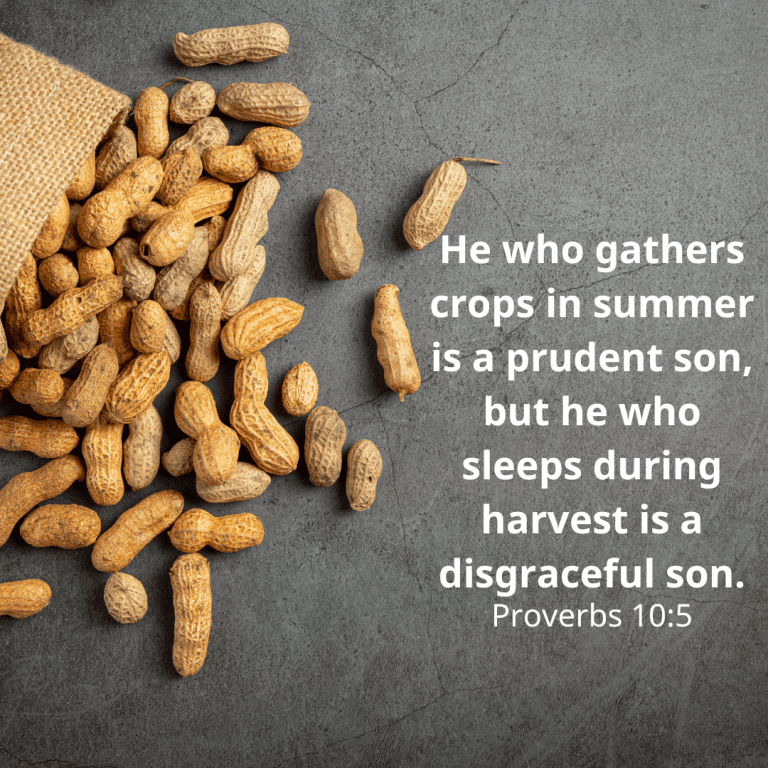aza 3
lizi limurla rugwori lu ŋiɽaŋal ŋi ŋandiza zi buuluz
1 nyiŋa linaŋna eḏiɽi rɔgwɽɔ-na reri kwokwony, a? ya nyiŋa linaŋna juwaba eḏi gi iɽi nyuŋwuzi-na ki yey-na yalu a, ya juwaba kwalu, a, kaka eṯir zi gwu naŋni lɔkwɔ? 2 a liri titir lir juwab kweri kweḏi gi iɽi nyuŋwuzi-na, kwuluḏina rugwor nana ralu, eḏi ruwene lu, eḏi lizi orti tatap; 3 nezi baŋaci eḏaruŋw, a liri juwab kwinḏi nani gwu Kwruztu rii ri reri, kwiti kwuluḏina hibir yi mac, lakin kwuluḏina Ṯigɽim ṯi ṯeḏi Allah wumiiḏu, kwiti kwuluḏina yefirliny nana yeḏi yal tɔk mac, lakin yefirliny nana yeḏi rugwor rir ŋizigwunaŋ.
4 ner ṯa orɔ ŋu ŋeṯinyji kitazazi rugwori Allah nana Kwruztu ŋgi. 5 nyiŋa liti leḏi ŋuma oɽeny mac eḏaruŋw, ŋinḏi ŋere nani nyi gwu; ŋuma ŋeri ŋinḏi nani gwu Allah, 6 wumenyji inḏeḏa ŋuma eḏorɔ leḏi ŋɔḏɽor ŋeḏi ṯikitaḏiza ṯete ṯiaŋ, titi tir kuruu kuluḏina ŋwuli ŋi mac, lakin Ṯigɽim ṯi; kaka eti gwu kuruu kuluḏina enji ŋiɽany, lakin Ṯigɽim ta, eṯuŋw inḏeḏa ŋimiiḏa.
ŋiniṯ ŋeḏi injiil ŋiṯemḏelu
7 na ṯa kuruu kipina ŋwuli yal nana eṯenji ŋiɽany, lakin keni nuŋw ila ŋiniṯ ŋi ŋupa ŋiminni mindaŋ na lizi leḏi izrayiil ere eḏi ŋuma mac eḏece muuzaŋw kiyeyna, ŋiɽaŋal ŋi ŋeḏi firyar kiyeyna kwuŋwun, na kwumɔ naŋni eḏernine tɔk. 8 ta na ṯay ṯeḏi Ṯigɽim tirlinelu ter titi ṯeŋgila ŋiniṯ ŋi ŋiṯemḏelu manya? 9 ŋwu ṯa, ma ŋiniṯ nani ki ṯay-na ṯeḏi hukm, a ŋiniṯ ki ṯay-na ṯeḏi ṯofḏana ere ṯamḏalu purpur manya? 10 rerem, ki ŋiɽaŋal-na ŋu, ṯay kḏa ṯeḏi ŋiniṯi kerreny ṯiti ṯeḏi kwokwony ŋiniṯi ŋere ḏuṯ ŋiɽaŋal ŋi ŋeḏi ŋiniṯ ŋiṯemḏelu purpur. 11 ma ṯay ṯeḏi kuruu, ṯinḏi eḏernine, ila ŋiniṯ ŋi, eti kḏa ṯeṯinanniḏa dɔk eḏi ŋiniṯi ŋupa ŋiṯemḏelu.
12 kaka eḏi nyi gwu ṯəkiza kizen kḏu, eṯi nyi eni lugwul, 13 liti liri kaka muuzaŋw mac, kwukwuɽbena kiyeyna tireṯ ri mindaŋ eŋgi lizi leḏi izrayiil ere eze ŋiniṯi mac ŋinḏi eḏernine. 14 lakin eṯi ṯireca ṯeŋen yey lu eni ṯimay nana; mindaŋ ma kirem orɔ mer orti ṯikitaḏiza ṯuɽun, eti tireṯ tir kaka ṯa kra teṯinanniḏa, titi timɔdimini mac, kaka eṯuŋw gwu dirnini kiṯay Kwruztu ŋgi dak. 15 aw, mindaŋ ma lamin orɔ klu mer zi ortici ŋeḏi muuza, eti tireṯ nani ki ṯireca ṯeŋen yey lu nana; 16 lakin ma kwizi kwere orlaḏa Kwelenyi nana ta, a tireṯ dirnini kiṯay. 17 ta na Kweleny orɔ ŋundu Ṯigɽim, na kezir weṯi gwu Ṯigɽim ṯeḏi Kweleny nani, eti gwu hurriya nani tɔk. 18 na nyiŋa tatap, liti leḏi tireṯi kiyeyna mac, licica ŋiniṯi ŋeḏi Kweleny, a kweṯir reḏe eḏaɽani ŋunduŋwu, limumri ŋiniṯi la duṯuk; kaka inḏi gwu ṯiriiḏa kḏu nani gwu Kweleny kwir Ṯigɽim.
Servants of the New Covenant
1 Does this sound as if we were again boasting about ourselves? Could it be that, like some other people, we need letters of recommendation to you or from you? 2 You yourselves are the letter we have, written on our hearts for everyone to know and read. 3 It is clear that Christ himself wrote this letter and sent it by us. It is written, not with ink but with the Spirit of the living God, and not on stone tablets but on human hearts.
4 We say this because we have confidence in God through Christ. 5 There is nothing in us that allows us to claim that we are capable of doing this work. The capacity we have comes from God; 6 it is he who made us capable of serving the new covenant, which consists not of a written law but of the Spirit. The written law brings death, but the Spirit gives life.
7 The Law was carved in letters on stone tablets, and God's glory appeared when it was given. Even though the brightness on Moses' face was fading, it was so strong that the people of Israel could not keep their eyes fixed on him. If the Law, which brings death when it is in force, came with such glory, 8 how much greater is the glory that belongs to the activity of the Spirit! 9 The system which brings condemnation was glorious; how much more glorious is the activity which brings salvation! 10 We may say that because of the far brighter glory now the glory that was so bright in the past is gone. 11 For if there was glory in that which lasted for a while, how much more glory is there in that which lasts forever!
12 Because we have this hope, we are very bold. 13 We are not like Moses, who had to put a veil over his face so that the people of Israel would not see the brightness fade and disappear. 14 Their minds, indeed, were closed; and to this very day their minds are covered with the same veil as they read the books of the old covenant. The veil is removed only when a person is joined to Christ. 15 Even today, whenever they read the Law of Moses, the veil still covers their minds. 16 But it can be removed, as the scripture says about Moses: “His veil was removed when he turned to the Lord.” 17 Now, “the Lord” in this passage is the Spirit; and where the Spirit of the Lord is present, there is freedom. 18 All of us, then, reflect the glory of the Lord with uncovered faces; and that same glory, coming from the Lord, who is the Spirit, transforms us into his likeness in an ever greater degree of glory.

